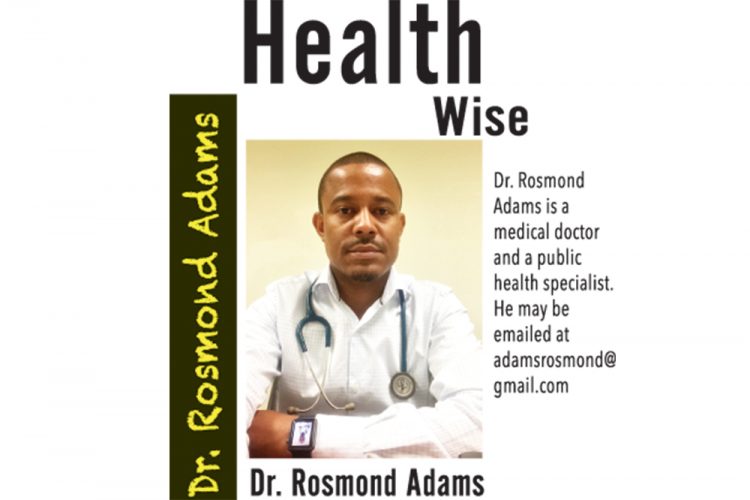What you should know about Flu

Flu is a contagious respiratory illness caused by influenza viruses that infect the nose, throat, and sometimes the lungs. It can cause mild to severe illness, and at times can lead to death, depending on if there are other comorbidities. Flu is different from the common cold. Flu usually comes on suddenly, while the common cold starts gradually. People who have flu often present with the following symptoms:
- fever
- cough
- sore throat
- runny or stuffy nose
- body aches
- headache
- chills
- fatigue
- sometimes diarrhea and vomiting
It is important to note that not everyone with flu will have a fever. Sometimes a sore throat and body aches are the only symptoms that one may experience.
You may be able to pass on flu to someone else before you know you are sick, as well as while you are sick. People with flu are most contagious in the first 3-4 days after their illness begins. Some otherwise healthy adults may be able to infect others beginning 1 day before symptoms develop and up to 5 to 7 days after becoming sick. Young children and people with weakened immune systems, might be able to infect others with flu viruses for an even longer time. The time from when a person is exposed and infected with flu to when symptoms begin is about 2 days, but can range from about 1 to 4 days.
The complications can include bacterial pneumonia, ear infections, sinus infections and worsening of chronic medical conditions, such as congestive heart failure, asthma, or diabetes.
Anyone can get flu (even healthy people), and serious problems related to flu can happen at any age, but some people are at high risk of developing serious flu-related complications if they get sick. This includes people 65 years and older, people of any age with certain chronic medical conditions (such as asthma, diabetes, or heart disease), pregnant women, and children younger than 5 years.
The first and most important step in preventing flu is to get a flu vaccine each year. Flu vaccine has been shown to reduce flu related illnesses and the risk of serious flu complications that can result in hospitalization or even death. The US CDC also recommends everyday preventive actions (like staying away from people who are sick, covering coughs and sneezes and frequent handwashing) to help slow the spread of germs that cause respiratory (nose, throat, and lungs) illnesses, like flu.
The treatment of flu is symptomatic and include getting sufficient rest, adequate hydration and pain medication. Be careful with bush medicine and other chemicals that are marketed locally, as they have no proven scientific effect in treating the flu.
Dr. Rosmond Adams, MD; MSc (Public Health); M.S (Bioethics) is a medical doctor and a public health specialist with training in bioethics and ethical issues in medicine, the life sciences and research. He is a lecturer of medical ethics and Research Methods.
He is the Head of Health Information, Communicable Disease and Emergency Response at the Caribbean Public Health Agency (CARPHA). He is also a member of the World Health Organization Global Coordination Mechanism on the Prevention and Control of NCDs.
(The views expressed here are that of the writer and not of any organizations). You may contact him at adamsrosmond@gmail.com)









